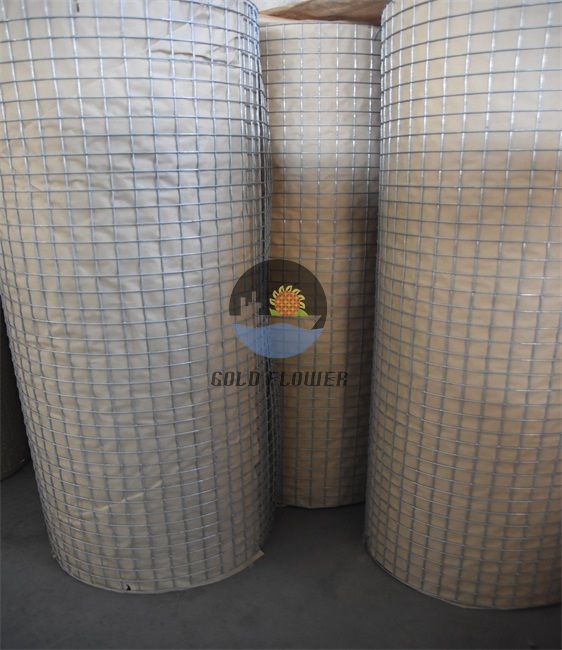Aug . 01, 2024 08:41 Back to list
Choosing the Best Metal Screen Mesh for Optimal Performance and Durability in Various Applications
The Best Metal Screen Mesh A Comprehensive Guide
When it comes to choosing the right metal screen mesh for various applications, understanding the types, materials, and purposes is essential. Metal screen meshes are widely used in industries ranging from construction, manufacturing, and agriculture to decorative applications and filtration. Here, we explore the best metal screen mesh options available, emphasizing their benefits and applications.
Types of Metal Screen Mesh
Metal screen meshes are typically classified based on their weave patterns, materials, and the size of the openings. The most common types include
1. Welded Wire Mesh This type is made by welding together wires at the intersections, providing high strength and rigidity, making it ideal for fencing and security applications.
2. Stainless Steel Mesh Known for its corrosion resistance, stainless steel mesh is perfect for applications exposed to moisture or chemicals. It is commonly used in food processing, pharmaceutical, and filtration industries.
3. Expanded Metal Mesh Created by cutting and stretching a metal sheet, expanded metal mesh offers a lightweight and strong option suitable for walkways, grates, and decorative purposes.
4. Perforated Metal This type is made from sheets with holes punched into them, allowing for airflow and drainage while maintaining structural integrity. It is widely used in architectural applications and for creating vents.
5. Chain Link Fencing Made of interwoven metal wires, chain link fencing is a popular choice for security enclosures, parks, and playgrounds.
Materials Used in Metal Screen Mesh
The material selected for metal screen mesh directly impacts its durability and other functional properties
. Common materials include- Steel Known for its strength, steel mesh is often galvanized for added corrosion resistance. It is widely used in construction and industrial applications.
best metal screen mesh

- Aluminum Lightweight and resistant to corrosion, aluminum mesh is ideal for applications where weight is a concern, such as window screens and decorative panels.
- Brass Offering excellent anti-corrosive properties, brass mesh is favored in artistic applications and in places where aesthetic appeal is important.
- Copper With natural antimicrobial properties, copper mesh finds applications in the medical field and in the production of decorative items.
Choosing the Right Metal Screen Mesh
When selecting the best metal screen mesh for your specific needs, consider the following factors
1. Purpose Determine whether the mesh is needed for filtration, protection, decoration, or structural support.
2. Environment Consider the environmental conditions such as exposure to moisture, chemicals, or temperature extremes that the mesh will face.
3. Mesh Size The size of the openings will affect the flow of air or liquids. A finer mesh will filter out smaller particles, while a coarser mesh will allow greater airflow.
4. Wire Gauge Thicker wires provide greater strength but may reduce flexibility. Choose the wire gauge based on the structural demands of your project.
5. Aesthetics For decorative applications, consider the visual appearance of the mesh, including color, finish, and weave pattern.
Conclusion
Metal screen mesh offers a versatile solution across various industries, providing durability, strength, and functionality. By understanding the different types and materials available, you can make an informed choice that meets your specific requirements. Whether you're constructing a secure fence, filtering water, or creating a unique decorative element, the right metal screen mesh can make all the difference. Take the time to evaluate your options and invest in quality materials that will stand the test of time.
share
-
Premium CE Certified Metal Fine Mesh for Precision & Safety
NewsAug.24,2025
-
Stainless Steel Wedge Wire Mesh: Durable, Precision Filtration
NewsAug.23,2025
-
CE Certified 250 Micron Stainless Steel Mesh for Precision Filtration
NewsAug.22,2025
-
CE Certified 250 Micron SS Mesh - Precision Filtration & Strength
NewsAug.21,2025
-
CE Certified Woven Wire Mesh Filters | Premium Filtration Solutions
NewsAug.19,2025
-
High-Performance Particle Filters: Optimal Mediums & Applications
NewsAug.18,2025

